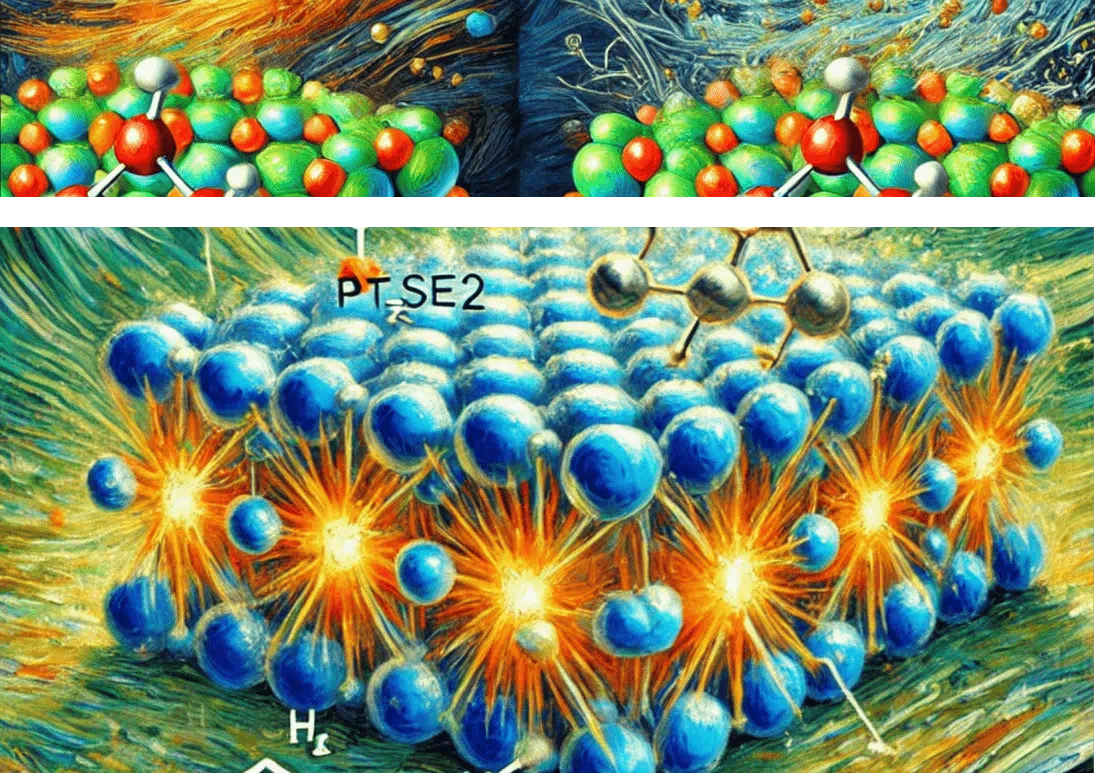
Research at Michigan State University and Princeton University developed a highly stable electrocatalyst for fuel cells that are used in sustainable energy applications, such as electric vehicles. The innovation promises cheaper and more efficient clean energy systems, helping to combat climate change and reduce the dependence on fossil fuels.
José Mendoza-Cortes, assistant professor in the Department of Chemical Engineering and Materials Science, co-led the MSU collaboration alongside experts from Princeton University. Together, they have restructured defective platinum diselenide (PtSe2) to create an enhanced electrocatalyst.
Mendoza-Cortes and Bruce Koel, a professor of Chemical and Biological Engineering at Princeton University, are co-authors of an article published in Nature Materials.
“The new catalyst is made by introducing defects in PtSe2 and restructuring it through electrochemical cycling,” Mendoza-Cortes explained. “Our research focuses on creating an efficient and stable catalyst for the oxygen reduction reaction, a key process in fuel cell operation.”

After 42,000 cycles/uses, the new DEF-PtSe2 material worked 1.3 times better in specific activity and 2.6 times better in mass activity compared to a standard platinum-based catalyst. Even after 126,000 uses, it still performed better in oxygen reduction with very little loss in effectiveness.
This advancement marks a critical step toward reducing costs and improving efficiency—both essential for advancing clean energy technology. Importantly, it also represents a shift away from the use of expensive platinum in fuel cell catalysts, Mendoza-Cortes added.
Written by Patricia Mroczek.
MSU College of Engineering Media and Public Relations page